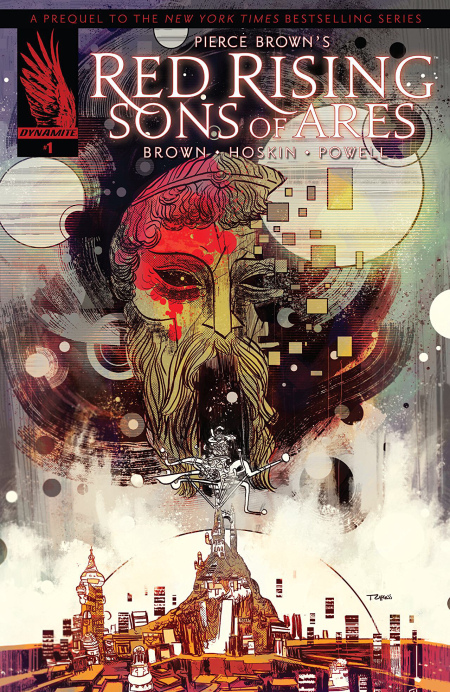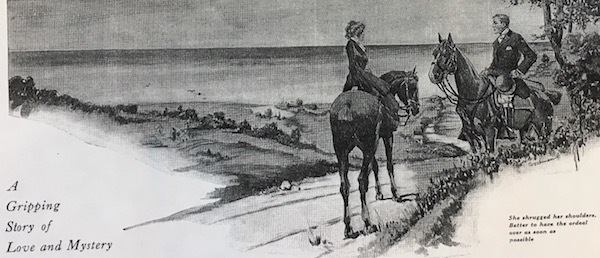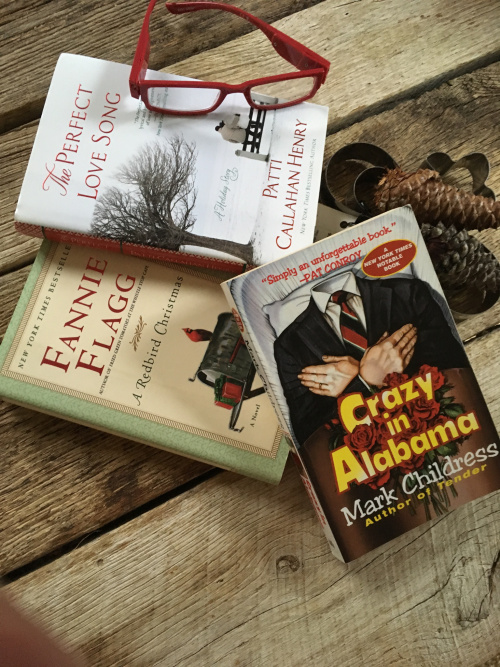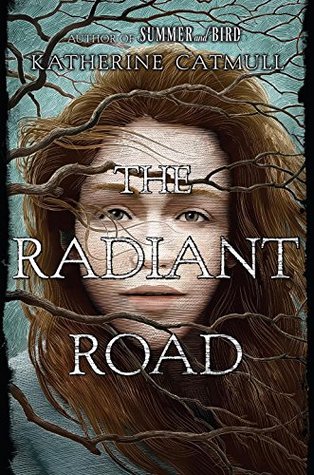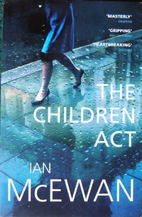
Read 15/01/2017
Rating: 3 stars
Fiona is a High Court judge in the Family Division. She has a lovely home, tastefully decorated. Her husband Jack is bored in their marriage and tells Fiona he wants an affair.
So starts The Children Act. I’d only read eight pages, but I didn’t like the characters. I didn’t like McEwan’s writing. There was something weary about it, jaded. As though McEwan, along with his characters, was bored.
As the book progresses, the people who pass briefly across the pages in connection with the cases Fiona is considering are hollow, lacking reality, clichés. There’s little warmth in anything. The exposition about the legalities and complexities of each case is dry.
It improves somewhat when Fiona is forced by Jack to think about what is troubling her, what has caused her withdrawal from their relationship, and she reflects on a difficult case involving conjoined twins (irritatingly, McEwan has her refer to the children by the more tabloid synonym for the condition). Fiona seems more believable, less like a construct through whom an author can deliver a story about the trials and tribulations of the modern bourgeoisie.
Fiona chooses not to explain to Jack the impact that case had on her emotionally, leaving me thinking they were a pair of idiots who deserved to be miserable. That’s how much I disliked them and their cartoon affluent life of law, academia and dinner parties. Jack in particular comes across as a twat. A selfish man-child having some kind of crisis, demanding his sexual jollies. Because it’s been seven weeks and one day since he and Fiona last made love. And that warrants having an affair. Nonsensical. Fiona isn’t much better, binding herself up in work and not wanting to talk about what’s going on with her. If they’d had such a strong marriage up to this point, why was seven weeks and one day of no intimacy such an insurmountable problem? I found it impossible to believe. It’s nothing more than set dressing to give a form of depth to Fiona as she wrestles with legal quandaries. It wasn’t enough depth to make me care, though.
As for those legal quandaries that keep Fiona from continuing to invest in her relationship, all of the cases presented in the novel have something in common. The people involved are deeply religious and Fiona has to apply secular justice to a moral question, imposing a non-religious decision on people who choose to live their lives differently. Each scenario raises questions of what choice people really have, what control over their bodies, in situations where the secular world doesn’t understand the choices made by the religious, or their belief that a supreme mystical being has greater authority than a supreme secular court. Because children are involved, because it might be that parents are imposing their lifestyle choices on their children before they’re capable of making their own considered decision, the court has to be involved.
Across the piece, back story is crammed into a rush of words, as though McEwan is trying to fit in everything he has thought of to give truth to his character but is annoyed at the interruption to the story. Perhaps the relentless delivery of context is an attempt to reflect the busy life of a High Court judge. An example is the whizz through Fiona’s career, until the moment in time we share with her, to explain why hers is a childless marriage. The section begins with the words, “A story best told at speed.” So, not that important, then. In which case, why bother? She’s every 50-something career woman in every contemporary literary novel written. We know her back story already.
There are some nice moments where McEwan has Fiona deliver a monologue on something, to show his cleverness through her, such as her reflection on what she fears most about the breakdown of her marriage.
… wondering again whether it was not love she had lost so much as a modern form of respectability, whether it was not the contempt and ostracism she feared, as in the novels of Flaubert and Tolstoy, but pity. To be the object of general pity was also a form of social death.
It’s these passages that worked best for me, where McEwan knows his subject instinctively and makes it real for his character. It’s clear that he’s researched the legal stuff and tried to get onto the page what Fiona’s world consists of, how people in that sphere think and behave, but it’s too studied. It reads more like an essay than the interior reality of an imagined world. It reads like the idle fiction any amateur playing at being a novelist could write, words well connected and framed into a story, but lacking the conviction of experience. I expect more from a writer of McEwan’s reputation.
The court scenes are good, delivered as you would expect, with crisp dialogue and familiar descriptions of the action that dovetail with scenes in TV courtroom dramas. I found myself more thoroughly absorbed into these moments in the book, without the distraction of Fiona’s personal life. I also mostly liked the way McEwan handled the third case, that of the teenage boy from a Jehovah’s Witness family. There was a point to that part of the story. Although, Fiona’s behaviour in reaction to how things progress after her judgement was as unrealistic as the mutual reaction to the wobble in Fiona and Jack’s relationship. Taken together, though, the court scenes and the better written elements of that specific case represent the book I wish McEwan had written. One without all the flimflam distraction of Fiona’s personal life.
As I read over these notes, it’s interesting that most of my commentary is about the author and not the story. This means that, for me, he’s too present and I haven’t been able to immerse myself in the fiction. Probably because he’s thinking too hard about how to get his moral point across and not thinking hard enough about writing a story.
For all that it deals with serious matters, it’s a slight read. Just over 200 pages long, it took a day to read. And the ending is trite. A momentary reflection on the implications of court decisions for the real lives of the people they affect.
Advertisements Share this: